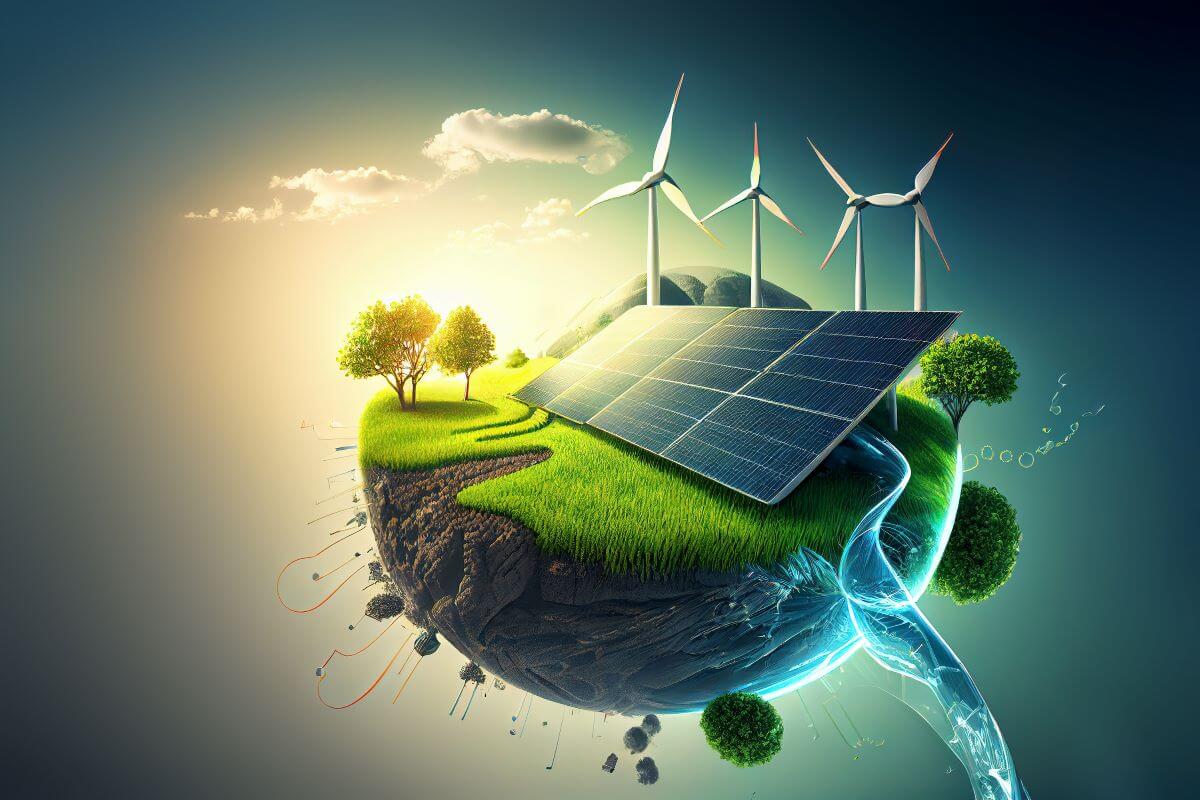



On November 8, 2024, the Standing Committee of the National People's Congress of China approved the Energy Law of the People's Republic of China (hereinafter referred to as “the Energy Law”) and announced its implementation as January 1, 2025.

The Energy Law is China's first fundamental and dominant law in the energy sector. Before its promulgation, China had already enacted separate laws in the energy sector such as the Electricity Law, the Energy Conservation Law and the Renewable Energy Law. However, these laws for specific aspect of the energy sector were enacted in earlier period of time, and in order to meet the needs of energy development in the new era, a basic law is still needed to provide guidance for China's energy development.
The energy community in China expects that the introduction of the Energy Law would provide solid support for the long-term development of China's energy sector, effectively promote the development of new energy, provide support for the development of energy science and technology, promote the construction of a high-standard new energy system, while also provide guarantee for the high-quality development of China's energy.
The completion of this important law has gone through a long difficult work process from the establishment of the drafting group to the final vote, which lasted nearly 20 years with many rounds of reviews and amendments. The final published version of this law contains nine chapters and 80 articles, covering energy planning, energy development and utilization, energy market system, energy reserve and emergency response, energy scientific and technological innovation, supervision and management, legal liability and other aspects. It elaborates the definition and scope of energy, including coal, oil, natural gas, nuclear energy, hydro energy, wind energy, solar energy, biomass energy, geothermal energy, ocean energy, electricity, heat, hydrogen energy, etc.
For foreign stakeholders and MNCs, the key contents of the Energy Law include:
• Put forward the establishment of a diversified, unified and open energy market system with orderly competition and effective supervision; standardize the order of the energy market according to law, and equally protect the legitimate rights and interests of all types of players in the energy market.
• The fourth chapter is about the energy market system, encouraging and guiding various business entities to invest in energy development and utilization and energy infrastructure construction in accordance with the law, so as to promote the development of the energy market.
• Clearly stipulate that the state shall support the prioritized development and utilization of renewable energy; rational development and clean and efficient use of fossil energy; promote the safe, reliable and orderly replacement of fossil energy by non-fossil energy; increase the proportion of non-fossil energy consumption.
• Propose to enhance domestic oil and gas supply security capabilities, emphasizing large-scale development of unconventional oil and gas resources.
• Clearly advocating a diversified energy supply structure with an emphasis on conservation and efficiency.
• Promote energy science and technology innovation: increase investment, formulate policies and measures to encourage and support, and improve the national innovation platform to support major energy science and technology infrastructure and energy technology research and development, testing, testing, certification and other public service platform construction, improve service capacity.
For relevant foreign stakeholder and MNCs, it probably means that in the future, China will increase its efforts in the development of unconventional oil and gas such as shale oil, shale gas and coal-bed methane, and promote technological progress and production increase. Some stipulations may indicate a direct impact on the oil industry as they shows a general direction that the country will promote clean and low-carbon development by optimizing the industrial structure and consumption structure.
If you have any question or need further assistance, please reach us at: info@bestao-consulting.com.
BESTAO presents free monthly report on China compliance. It offers a comprehensive solution on observing various standards and regulatory activities in China. Sample of the monthly report please refer to:
https://www.bestao-consulting.com/detail?id=1740&status=bestao_library
Subscribe the free monthly report by register as a BESTAO website member at: https://www.bestao-consulting.com/login, or write an email to assistant@bestao-consulting.com.


